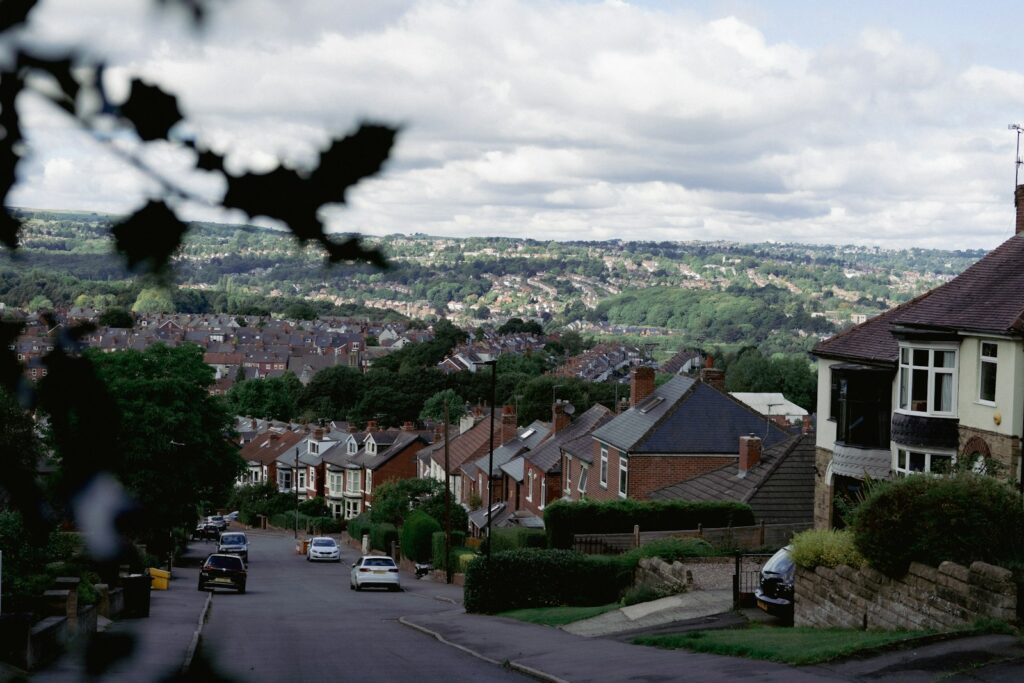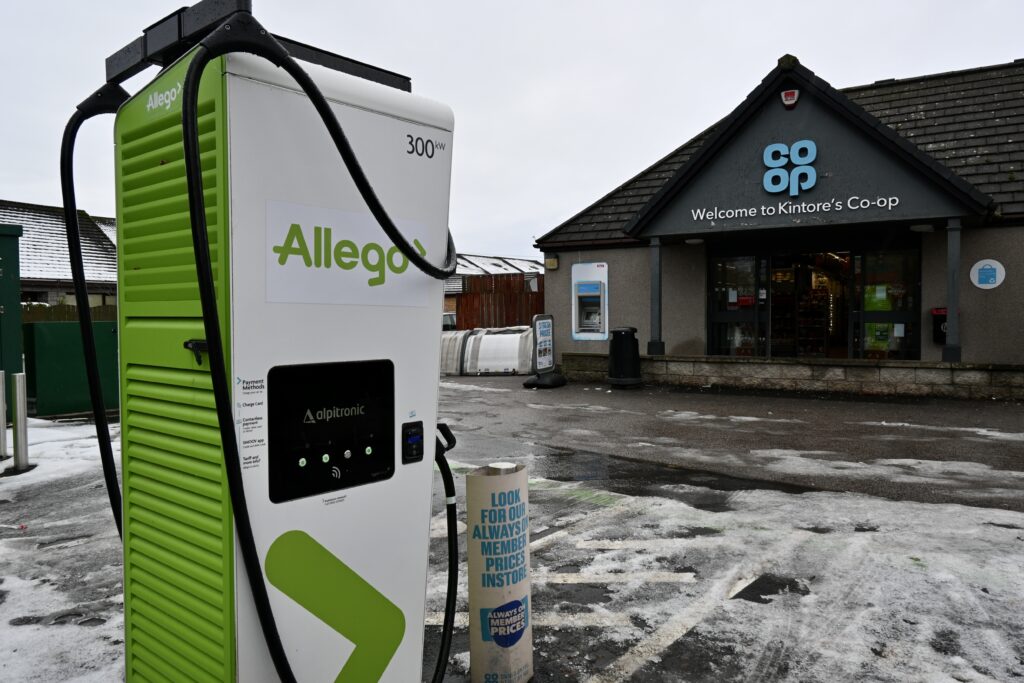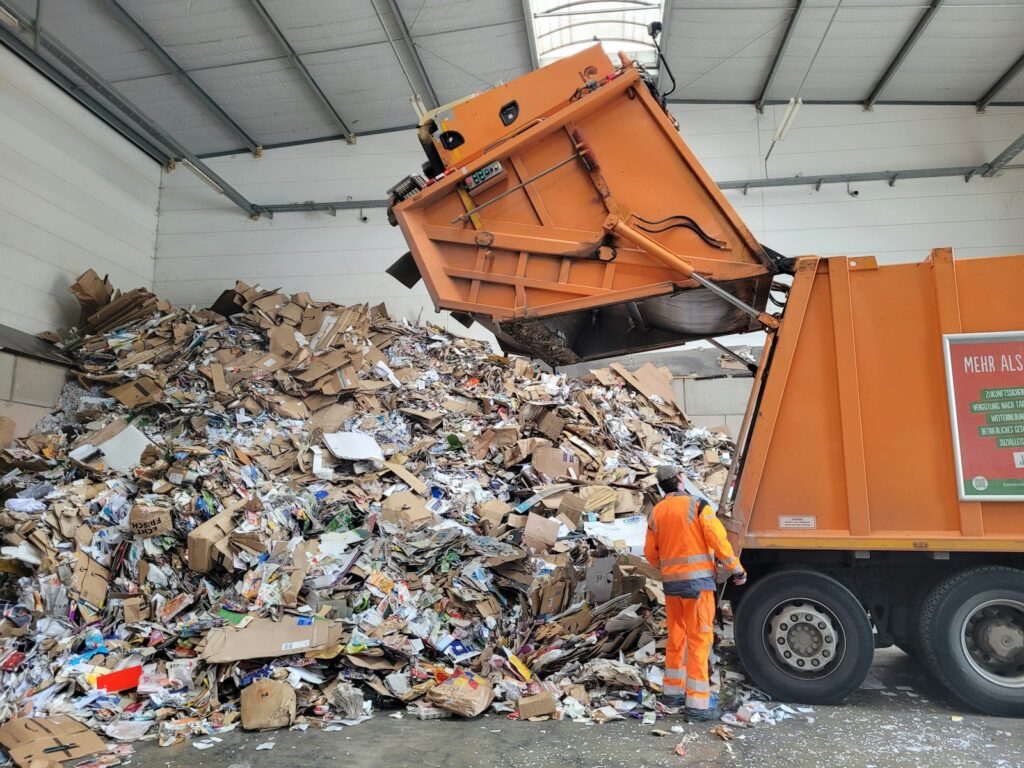The benefits that high quality, accessible green infrastructure brings to local communities have been well proven. Green spaces provide neighbourhoods with a place for social interaction, a space for physical activity, a sanctuary to support mental wellbeing to name but a few.
Times are, of course, very tough in ‘Austerity Britain’ and public sector funding for our formal parks and informal green spaces can be much harder to come by. While the benefits are well documented, so are the likely cuts to future budgets.
For 35 years Groundwork has championed work to enable communities to have a greater say in how their neighbourhoods are improved and managed. By giving local people the skills, support and resources to make a practical difference to their local area, they are naturally more engaged and committed to ensuring it’s vibrant and well-maintained.
Communities are being encouraged to take more responsibility for assets and services in their local area. Making sure that young people are able to participate in this shift in both thinking and power is critical.
When we think about young people in our open and green spaces, in general, society still sees them as a problem or an inconvenience. Despite the fact that young people will suffer disproportionately from a reduction in the quality or accessibility of green space, their voices are least likely to be heard.
This has to change.
The misconception that young people aren’t interested in volunteering and simply use green space as a place to misbehave is a barrier that needs to be overcome.
In action: students Chynna and Tom volunteered with Groundwork on a number of community projects: http://www.groundwork.org.uk/chynna-and-toms-story-uk
Encouraging ‘social action’ is a major priority of government and campaigns and programmes such as Step Up to Serve and National Citizen Service have shown that young people are not backwards in coming forwards when it comes to giving their time as long as they have the support and can see the value. New research conducted by Business in the Community shows that young people aged 18 to 24 years old in Britain volunteer more than any other age group (57%) and are also using volunteering to further their career aims (38%) and gain new skills (48%).
What’s more, young people have the means to bring about change at their fingertips – quite literally. As social media continues to dominate our lives, the role of those who have grown up as digital natives can be a powerful one. This is the generation that is used to getting answers immediately and who recognise that a well-timed and well-aimed 140 character Tweet has the potential to raise awareness quicker and more effectively than any paper-trail can. From charity appeals to political campaigns, young people are mobilising and organising in a way that was unheard of just a few years ago and can have far-reaching consequences.
This presents a clear challenge to those of us working to protect and improve green spaces. While we are blessed with networks of committed local groups and activists devoting their time and energy to improve their local parks, many of them report the challenge they face in engaging young people in their work. At the same time we know many young people see traditional volunteering approaches as a barrier. There is a clear need for support and capacity building on both sides of the equation.
As the state shrinks its budgets and retreats from providing universal services such as youth centres and green spaces, we need to find new models to ensure that the benefits of these services in terms of the wellbeing of our communities is maintained. Young people have more to lose if we don’t and more to contribute if we do.
Photo by Community Spaces Fund
















